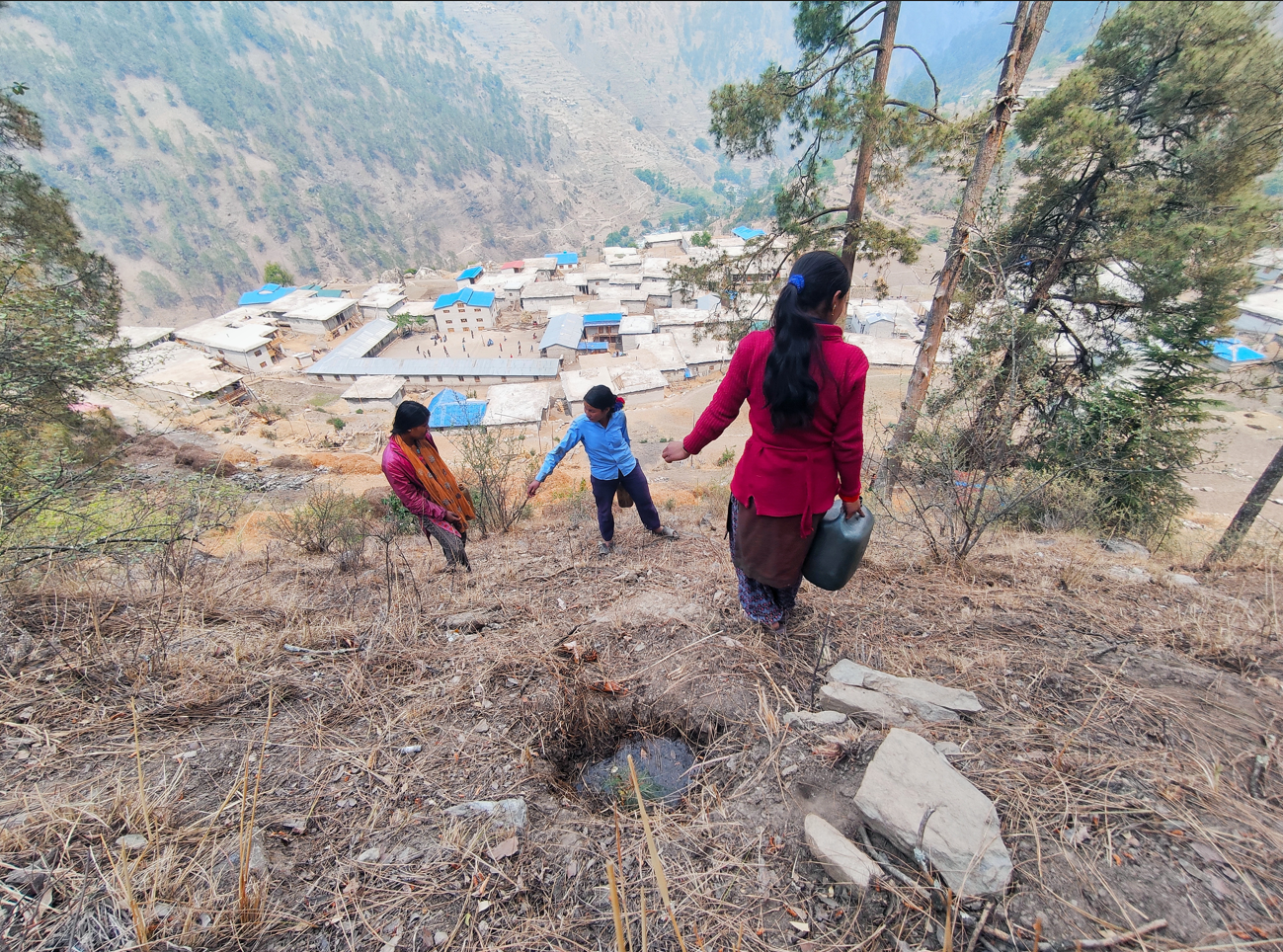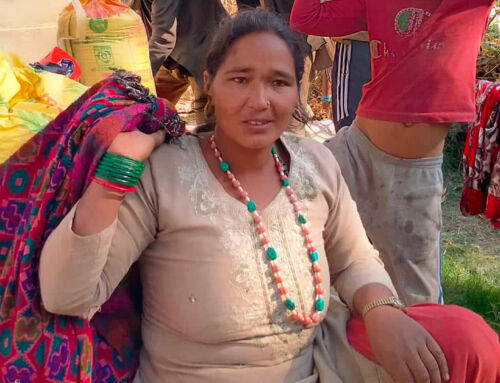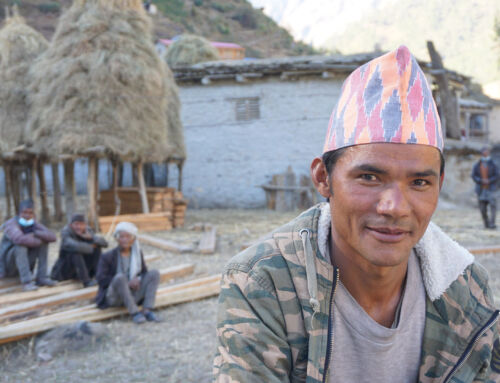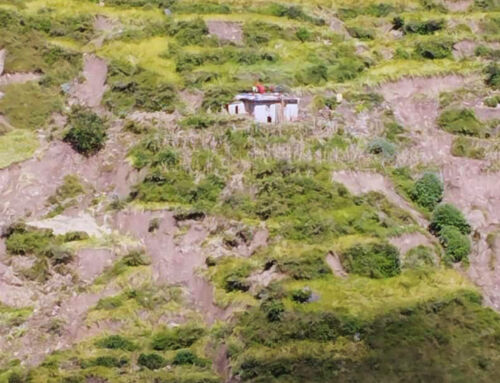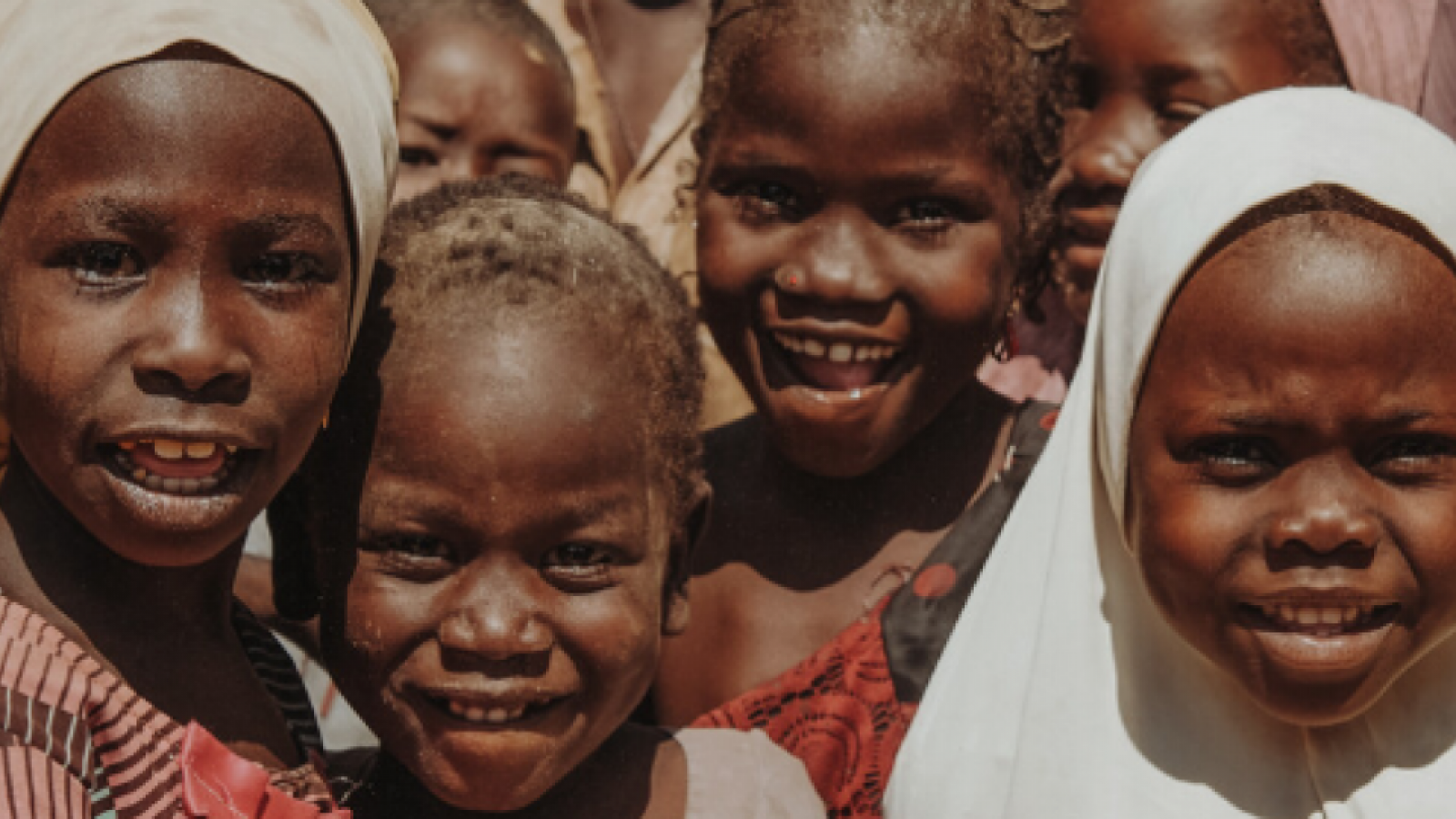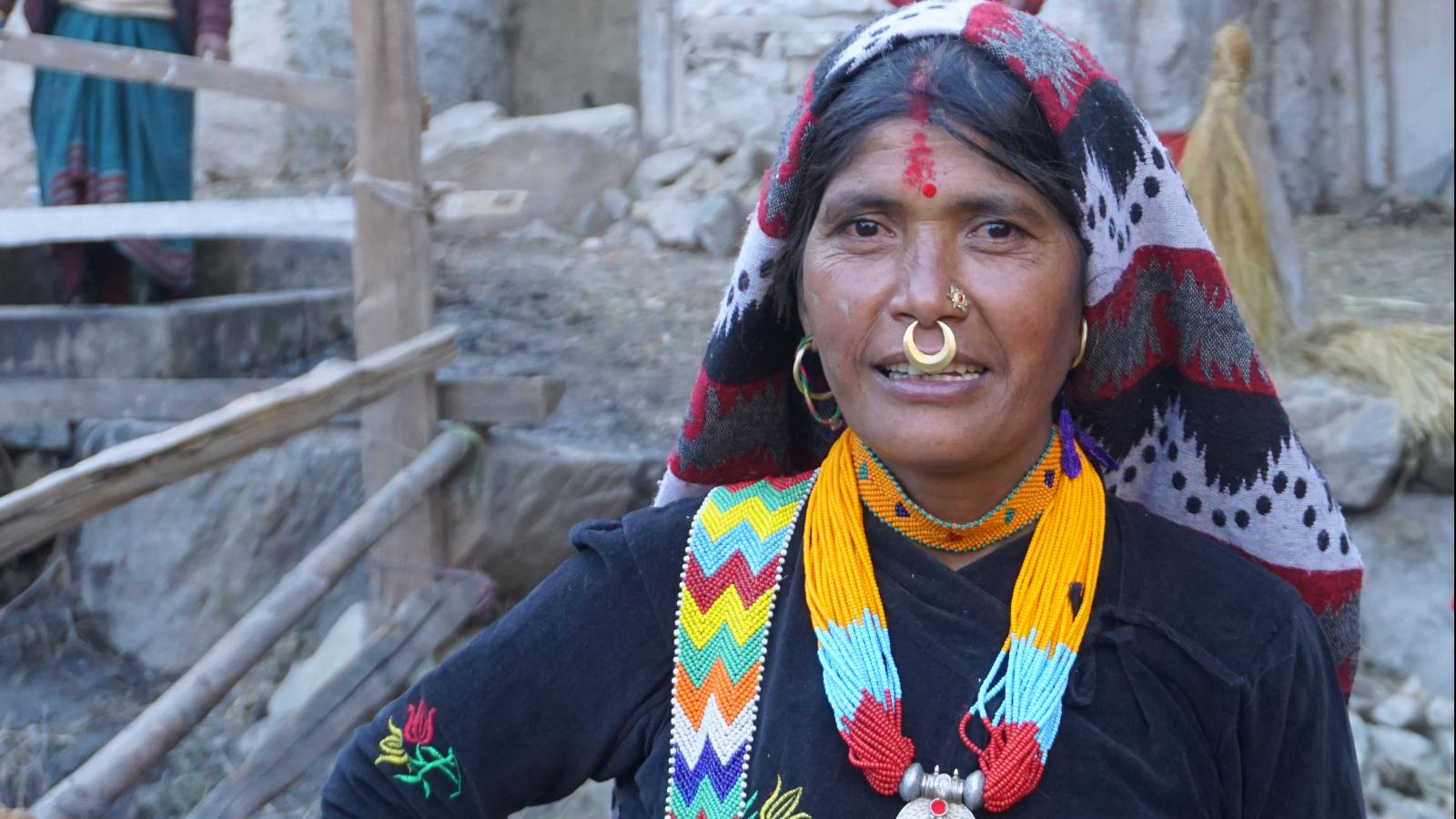Climate change has really taken its toll on Nepal, where the vulnerable mountain areas are deeply dependent on a healthy ecosystem to be able to provide food on the table in the poor areas. A group of young girls have decided to do something about it.
In the village of Unapani, located in Sarkegad municipality in Nepal, the population and the whole area are hard hit by climate change. It only gets worse year by year. Irregular rainfall, prolonged drought and forest fires have clearly been the reason for continued poorer harvests and thus fewer crops from agriculture. It threatens both food security and also has a negative impact on people’s livelihoods.
The population sheds tar so that the areas can be used for grazing animals. In a vulnerable ecosystem, felling trees poses a high risk of natural disasters such as landslides, floods and rockslides. And the population often lacks both feed for the animals and firewood for cooking etc.
There is simply a need for more trees and more forest in the area.
Young girls do something about it
Now 25 young girls from the group Namuna have taken the shovel into their own hands in the project SAMARTHYA, which was established in 2019. Several of the girls have received courses in how climate change affects nature, how people adapt to the new climate change and how to get local politicians to act.
Today, this group of teenage climate activists is heavily involved in creating visibility about climate change in the area, both through campaigns and through advocacy, where so that their voice is heard by politicians. Based on these activities, they have created an action plan so that they can bring their learning and knowledge into reality through activities and campaigns that deal with the importance of defforestation and the protection of plant diversity.
220 trees planted
The project has received great support and has resulted in a large tree planting activity, where the girls have planted 220 trees such as pine, poplar, spruce and other varieties that suit the environment in the mountains. As part of their schoolday, they care for the plants and water them every Friday in their spare time. They carry water in buckets and take care of and care for the entire plantation. They are determined to protect nature, even if it is hard work. Not for their own sake, but because they know it secures the village in the future by reducing the risk of landslides in the region, while helping to stem climate disasters.
Clean-up in environment as a joint project
In addition to the tree planting project, the group of girls has taken the step further and is responsible for a major environmental clean-up campaign. Through information about the environment and the possibility of recycling plastic, they gather the village every two months to clean up and collect plastic from the local environment and from the river Tatopani Khola.
The girls share their knowledge of climate and environmental issues with the other inhabitants of the village – among others. Through street theater and information campaigns. And it is well received. Both the people of the villages, the school and the municipality are very enthusiastic about the girls’ initiatives and support their work. It helps motivate the girls to continue their important mission of creating visibility and commitment in the field of environment and climate.
They will therefore continue their environmental clean-up campaigns in the village. At the same time, they will share their knowledge with other interested parties through activities that raise awareness of environmental and climate issues. With the recognition of the local authorities, the group hopes that they can get support for their activities also into the future.
Photo: The group of young teenage girls have taken the shovel into their own hands and have planted 220 trees to stem landslides and floods as well as benefit the environment.

